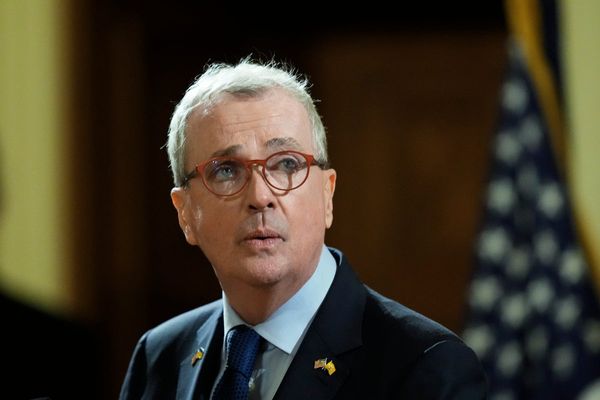
There will be no little reassurance within Formula One that at the second time of asking the sport’s budget cap has been met by all the competitors. The sense of relief when the news was announced on Tuesday will extend beyond the 10 teams who have met the criteria but also across F1’s owners and its governing body, the FIA, for whom enforcing these financial rules has become a central tenet of the future of the sport.
Failure to meet the cap this time would have been a blow to long-term hopes that the budget cap would, ultimately, make the sport more competitive.
Last year, the first assessment of whether teams had met the 2021 cap, the first time in the sport’s history it has imposed serious, large-scale, restrictive, financial control on spending, was a drawn-out process that ended in acrimony and finger-pointing.
In 2022 the FIA found that Red Bull had exceeded the limit by £1.86m. They were punished with a fine of $7m and a 10% reduction in their wind tunnel time for 2023. The team were angry, believing they had been hard done by after changes to regulations mid-season put them over the limit. Other teams bluntly accused them of cheating and said the punishment was far too lenient.
The entire affair left no one satisfied. Worse still it led some to call into doubt the subsequent legitimacy of Max Verstappen’s title win for Red Bull in 2022. The sport simply could not go on with a threat of championships being under scrutiny because of discrepancies in spending. Nothing would be more off-putting for the swathes of new fans coming to F1 than question marks over the very fairness of said competition.
This year there was trepidation that similar, if not worse, would happen again. Rumours before the Hungarian GP circulated that as many as three teams were in breach of the cap, such that the FIA issued a statement trying to pour water on the fire stating that its assessments were continuing.

On Thursday it delivered the verdict that all 10 teams had met the £112m cap after an “intensive and thorough process”. The governing body stated it had almost doubled the number of personnel working in administering the cost cap checks and these now also involved an extensive investigation of non-F1 related activities.
The latter had been a particular bone of contention as it had been alleged the bigger teams were hiding overspending in areas not covered by the cost cap but from which they could still benefit.
The teams themselves have also taken similarly strong moves to ensure they meet the restrictions correctly, with some financial accounting and monitoring departments increasing four-fold in recent years. That their efforts have been successful will be heartily welcomed.
The cap was introduced first in an effort to level the competitive playing field, to end the financial arms war of the big three – Mercedes, Red Bull and Ferrari – and allow the other teams to eventually reach parity with them. It was also intended to make the sport financially viable and on that front it has already worked, with teams such as McLaren now stating they are making a profit from F1.
The aims are laudable but the fear was that breaches again by the big teams would cast doubt on the whole system, the ability to monitor and enforce it. Success this time suggests that the teams now have a good understanding of exactly how far they can push to the limit of the ceiling without breaking it and that the FIA process is robust enough to assess it successfully.
The news itself, that the teams managed to stick to the regulations may seem rather flat but for the long term where there is hope that meeting the cap will be routine and commonplace, Tuesday’s announcement is the step forward F1 so badly wanted.







